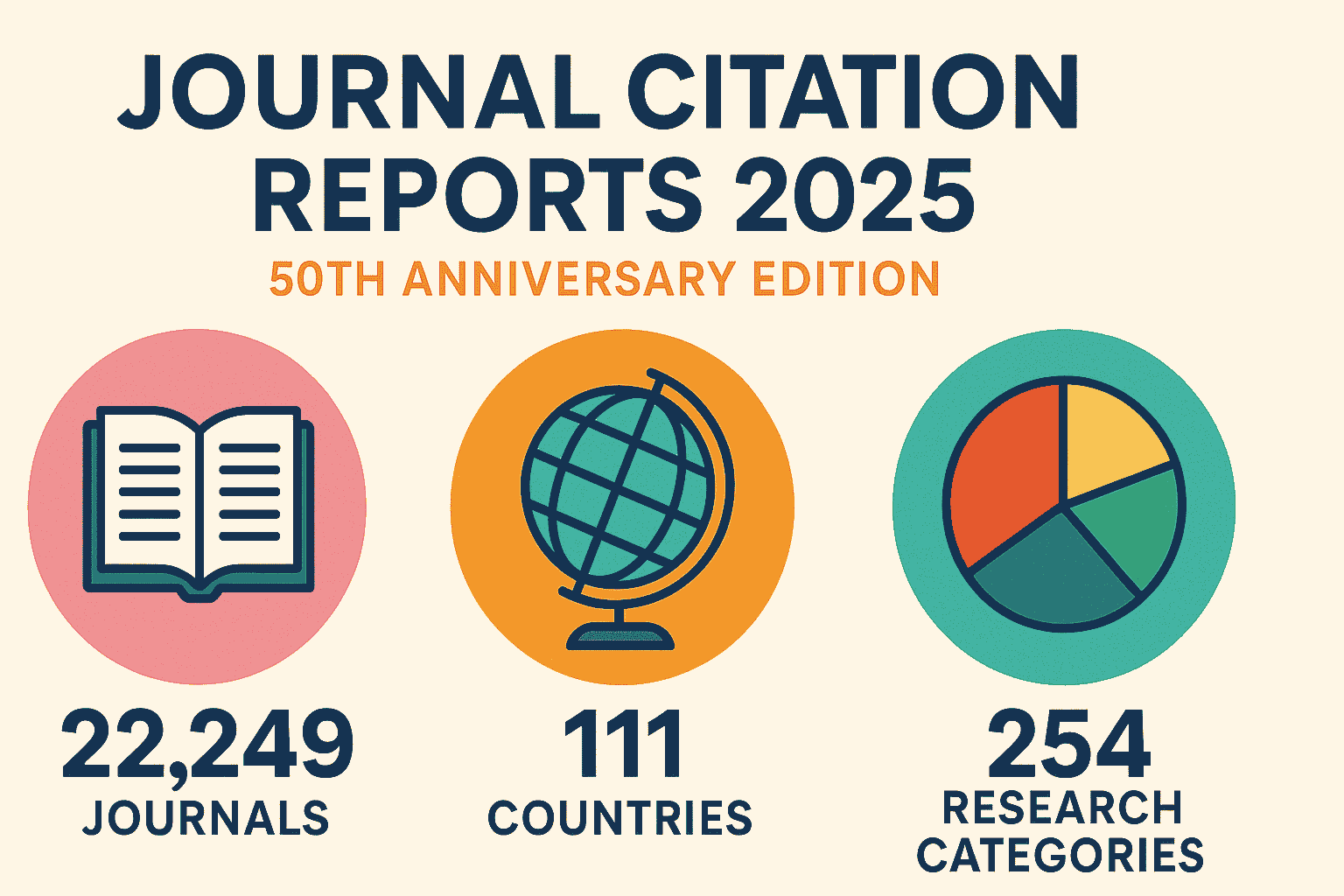Empires of Influence: Lessons from the Rise and Fall of Great Powers
The annals of history are replete with tales of great powers that ascended to monumental heights, only to witness their eventual decline. From the ancient empires of Rome and Persia to modern superpowers like Britain and the United States, the dynamics of influence, power, and control provide profound insights into the cycles of human civilization. Understanding these patterns offers invaluable lessons for both current and future leaders.
The Rise of Great Powers
Strategic Innovation and Adaptation
One common thread among rising empires is their ability to innovate and adapt. The Roman Empire, for instance, showcased remarkable engineering prowess, constructing roads and aqueducts that facilitated trade and communication across vast distances. This network not only strengthened the economy but also enhanced military logistics, allowing Rome to expand its reach effectively.
Similarly, the British Empire leveraged its naval superiority along with technological advancements during the Industrial Revolution. Its steamships and railroads opened new trade routes, solidifying Britain’s dominance in global commerce. The lesson here is clear: the ability to innovate and adapt to changing circumstances is crucial for any entity aspiring to greatness.
Effective Governance and Diplomacy
Successful empires often employed sophisticated governance structures and diplomatic strategies. The Persian Empire, known for its meritocratic administration and respect for local customs, managed a diverse population. This inclusivity reduced the likelihood of rebellion and fostered loyalty among conquered peoples. In contemporary terms, inclusive politics and collaborative governance remain essential for stability and growth.
Moreover, diplomatic strategies played a pivotal role in mitigating conflicts. The balance of power theory, which dominated European politics in the 19th century, exemplifies the diplomatic maneuvers that enabled states to maintain stability through strategic alliances and rivalries.
The Fall of Great Powers
Overreach and Hubris
The fall of great powers often follows a recognizable trajectory characterized by overreach and hubris. The Roman Empire, once expansive and powerful, fell victim to its sprawling borders and the inability to effectively control its diverse territories. Military overstretch drained resources, while internal strife weakened its foundations. This exemplifies the dangers of imperial overstretch—a lesson modern powers must heed as they navigate global engagements.
Similarly, the British Empire faced challenges due to its expansive colonial ambitions. World War I strained its military and economic resources, leading to a gradual decline as colonies sought independence. Overcommitment in overseas theaters often leads to instability at home, emphasizing the need for balance in international engagements.
Economic Disparities and Social Unrest
Economic disparities and social unrest are also critical indicators of impending decline. The decline of empires often correlates with increasing wealth gaps and marginalized populations. In the late stages of the Roman Empire, inequality among citizens contributed to resentment and civil strife. Similarly, the economic crises that plagued the Weimar Republic laid the groundwork for the rise of extremist movements in Germany, demonstrating how unaddressed socio-economic issues can destabilize even the most powerful nations.
Lessons for Contemporary Powers
Diplomacy over Military Solutions
As the global arena becomes more interconnected, modern leaders should prioritize diplomacy over military solutions. The importance of dialogue and cooperation in resolving conflicts can’t be overstated. The European Union, for instance, is a testament to the power of diplomatic alliances in maintaining peace and prosperity in a historically turbulent region.
Emphasizing Innovation and Sustainability
Today’s great powers must focus on sustainable innovation. The challenges of climate change, economic disruption, and technological advancement require forward-thinking policies. Investing in green technologies and renewable energy sources can pave the way for long-term stability and influence.
Embracing Multilateralism
Lastly, embracing multilateralism is critical in addressing global issues that transcend borders. The rise of international organizations such as the United Nations has shown that collective action can lead to effective solutions to challenges like climate change, health crises, and economic inequalities.
Conclusion
The rise and fall of empires provide invaluable lessons for current and future powers. Through strategic innovation, effective governance, and a commitment to diplomacy and sustainability, contemporary leaders can learn from the past. As history demonstrates, the ability to adapt, empathize, and collaborate may very well determine the fate of nations in the intricate web of global influence. Understanding these dynamics can equip leaders with the foresight necessary to build resilient and enduring states in an increasingly complex world.







